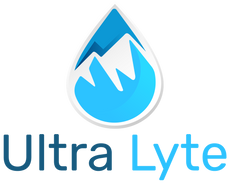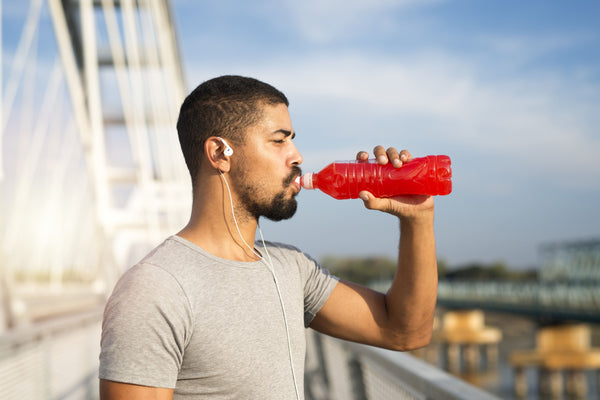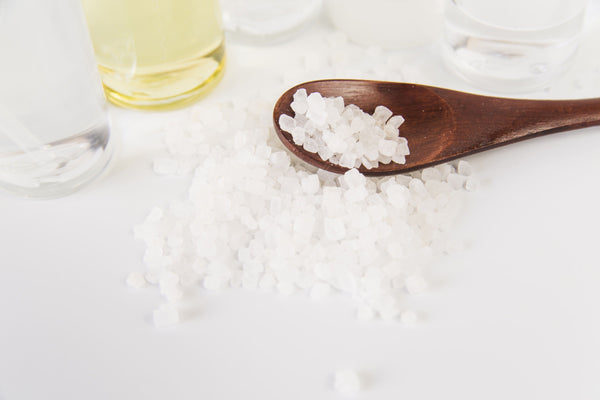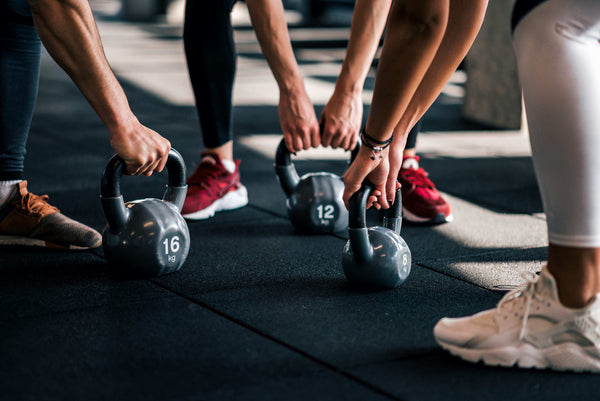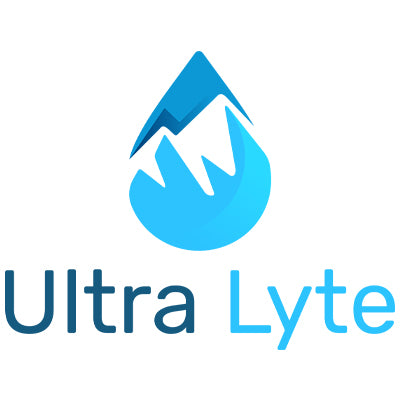
How to Maintain Electrolyte Balance During Summer? A Practical Guide

Why is electrolyte balance crucial in summer?
Summer brings higher temperatures, increased physical activity, and excessive sweating. During this time, maintaining proper electrolyte balance is especially important. Electrolytes like sodium, potassium, magnesium, and calcium play vital roles in regulating water balance, nerve impulses, muscle function, and acid-base balance.
Imbalance of electrolytes can cause muscle cramps, fatigue, dizziness, and in severe cases, serious health complications.
How do we lose electrolytes in summer?
Electrolytes are primarily lost through sweat during heat exposure and exercise. Sodium and potassium are the most commonly depleted minerals, requiring replenishment to prevent imbalances.
Studies show even moderate dehydration decreases plasma potassium and sodium levels, impairing muscle and nervous system function (Casa, 2000).
Effective ways to maintain electrolyte balance
-
Hydrate with appropriate fluids – water is essential, but during heavy sweating, isotonic drinks containing electrolytes, especially sodium and potassium, are recommended.
-
Electrolyte-rich diet – consume fruits and vegetables such as bananas, watermelon, tomatoes, and nuts and seeds that provide magnesium and potassium.
-
Avoid excessive alcohol and caffeine – these can increase urine output and electrolyte loss.
-
Monitor signs of dehydration and electrolyte deficiency – muscle cramps, weakness, dizziness are signals to replenish electrolytes.
Role of electrolyte supplementation
During intense exercise or prolonged sun exposure, supplementation can be helpful. Tablets or powders dissolved in water provide quick replacement of essential minerals.
Armstrong (2012) highlight the effectiveness of electrolyte drinks in preventing muscle cramps in athletes exercising in the heat.
Conclusion
Maintaining electrolyte balance in summer is essential for health and performance. Regular hydration, a balanced diet, and proper mineral replenishment help avoid dehydration complications and electrolyte disturbances.
References:
-
Casa DJ, et al. (2000). Influence of hydration on physiological responses and exercise performance. Journal of Athletic Training.
-
Armstrong LE, et al. (2012). Hydration and electrolyte balance during exercise in the heat. Journal of Sports Science & Medicine.
-
Maughan RJ, et al. (2018). Hydration and health: a review. Nutrition Reviews.
